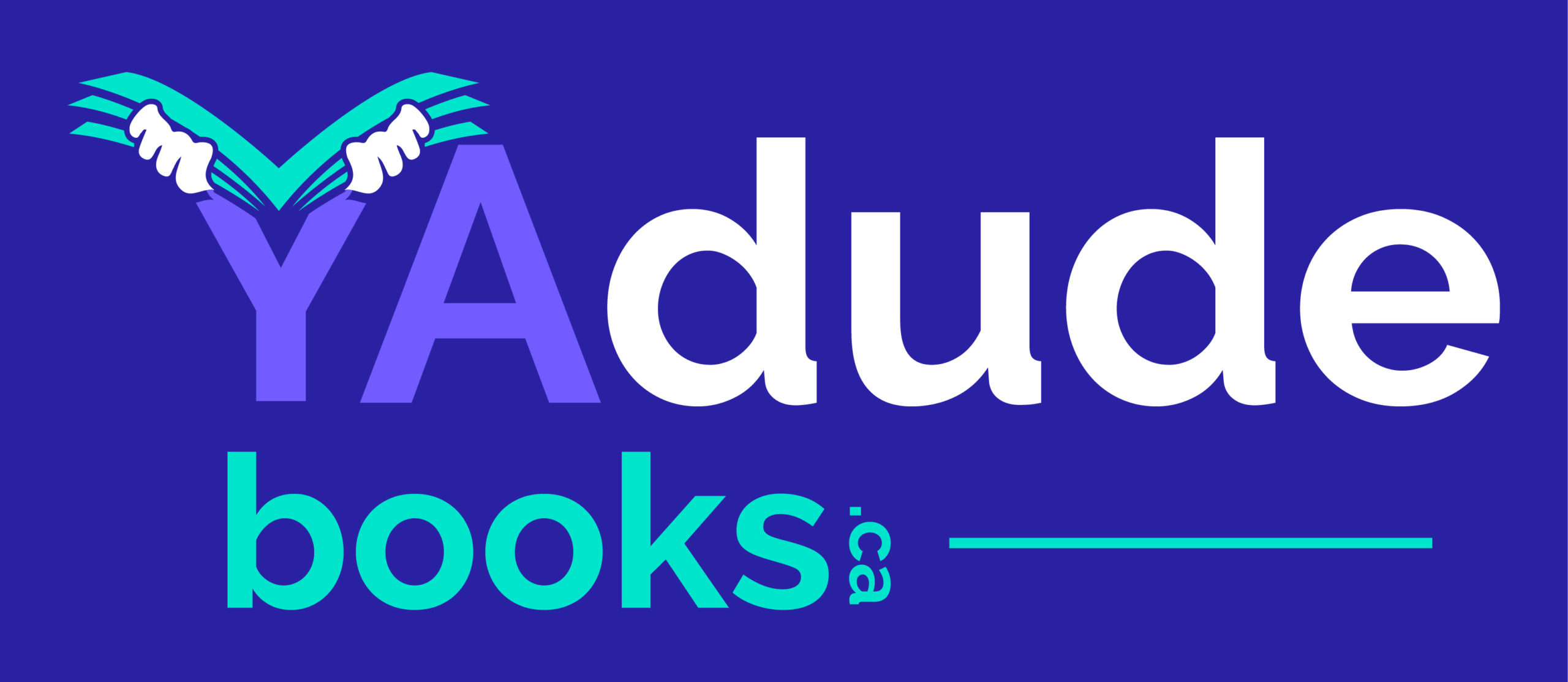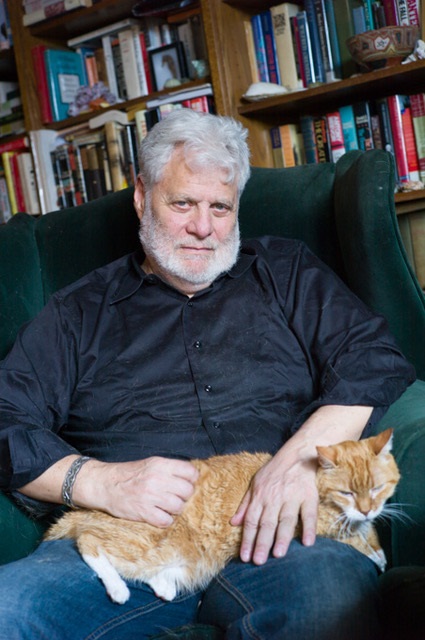Mark Kurlansky is a New York Times bestselling American journalist and author who has written 36 books, mostly on history and science, including seven for children and young adults.
His young-adult nonfiction book, Cod: A Biography of the Fish That Changed the World (1997), was an international bestseller, translated into more than 15 languages and winner of the Independent Publisher Book Award for Editor’s Choice in 1998. World Without Fish won gold at the 2011 National Parenting Publications Awards and was chosen by many school districts for their curriculum. Kurlansky’s latest, Big Lies: From Socrates to Social Media (2022) is young-adult nonfiction from Tilbury House Publishers.
Born in Connecticut in 1948, he received a BA in theater from Butler University, Indiana in 1970, and after refusing to serve in the military, worked in New York City as a playwright, having a number of off-off Broadway productions. He has also worked as a commercial fisherman, dock worker, paralegal, cook and pastry chef.
In the mid 1970s, he turned to journalism, an interest born of editing his high school newspaper. From 1976 to 1991 he worked as a foreign correspondent for The International Herald Tribune, The Chicago Tribune, The Miami Herald and The Philadelphia Inquirer. Based in Paris and then Mexico, he reported on Europe, West Africa, Southeast Asia, Central America, Latin America and the Caribbean. He wrote his first book, A Continent of Islands, in 1992, and has been prolific in publishing books and teaching since. He has guest lectured all over the world on history, writing, environmental issues and more. His books have been translated into 30 languages and he often illustrates them himself.
As a teenager, Kurlansky admired French novelist, journalist and playwright Émile Zola, and in 2009, translated one of Zola’s novels, The Belly of Paris, whose theme is the food markets of Paris. Food is a recurring theme in his work.
Father of one (daughter Talia, with whom he has co-authored a recipe book), he currently lives in New York City with his wife Marian and a standard poodle, bishon frisee and two cats. More information can be found at http://www.markkurlansky.com/ and https://en.wikipedia.org/wiki/Mark_Kurlansky.
His five children’s, middle-grade and young-adult books include:
- Big Lies: From Socrates to Social Media (Tilbury House Publishers, 2022, young-adult nonfiction)
- Bugs in Danger: Our Vanishing Bees, Butterflies and Beetles (Bloomsbury UK, 2019, middle-grade nonfiction)
- Frozen in Time: Clarence Birdseye’s Outrageous Idea About Frozen Food (Delacorte Books for Young Readers, 2014, middle-grade nonfiction)
- Battle Fatigue (Walker Books & Co., 2011, young-adult historical novel)
- The Story of Salt (Putnam, 2006, picture-book nonfiction)
- The Girl Who Swam to Euskadi (Reno, Nevada: Center for Basque Studies, 2005, young-adult fiction)
- The Cod’s Tale (G. P. Putnam’s Sons, 2001, young-adult nonfiction)
Q: What attracted you to writing nonfiction for kids and young adults, amongst so many other genre contributions in your long and diverse career?
A: From a writer’s point of view, young readers are the readers you hope for. When you write for adults you can sometimes have an impact, but often you are preaching to the converted. The young are not converted. They are open and looking for ideas.
Q: In Big Lies, you state, “Belief is a choice, and honesty begins in each of us. A lack of caring [about] what is true or false is the undoing of democracy.” Tell us about reactions you’ve had from young people regarding Big Lies, and why you feel teens need to contemplate these issues.
A: When I talk to young people about this book, they often look at me and say nothing. This means they are thinking about it, which is all I ask. I say at the beginning of the book that it is important that they don’t blindly believe what I say. They should consider, challenge, test my ideas and everyone else’s.
Q: What kind of child were you, and what kind of family life did you have that influenced your interest in such a breadth of intellectual topics?
A: As a child I was very much like I am today—reading constantly, rebellious of authority and mainly interested in books, drawing, music, science, baseball and fishing.
Q: What inspired your short career as a cook and pastry chef, and later, your longstanding interest in food issues?
A: I started out in theater where few make a good living and most wait on tables. If you dine in New York, you are probably being served by an actor. I thought working in the kitchen was much more interesting than waiting on tables. Food is one of the central themes of life and should be studied and written about. I always go to food markets wherever I am. You learn much about a country from its cuisine and much about people from how they eat. This is why it is disturbing that most politicians do not eat well.
Q: What’s your best technique for engaging young people in the topics you cover – from critical thinking to food and ecology?
A: The best way to engage readers of any age is to tell a good story.
Q: How do you like to spend your time outside of writing, teaching and speaking?
A: Aside from walking with my dogs and communing with my cats and always reading, I play a cello, fly-fish, draw and paint, and cook for my wife.
-Pam Withers

